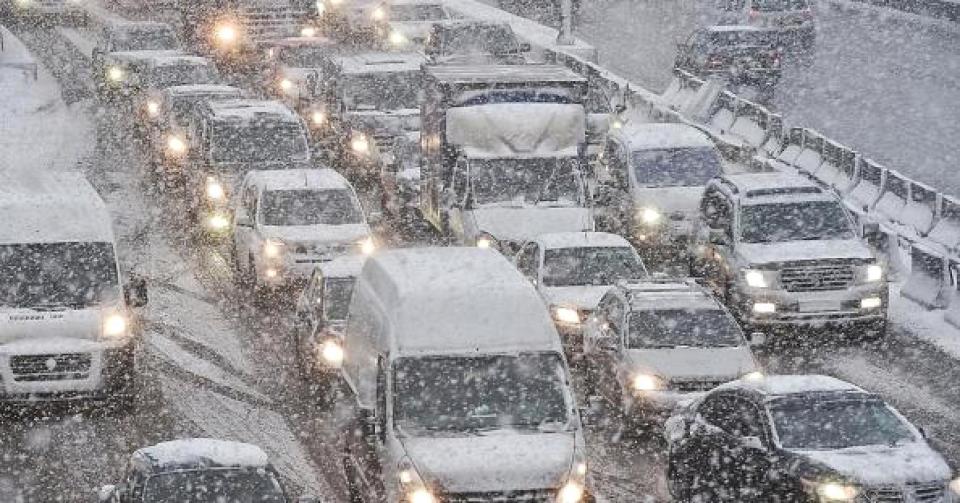Russia puts the brake on global car giants

The Russian car market could take up to five years to recover from the country's economic and political volatility, leaders in the global auto industry told CNBC at the Geneva Motor Show.
Ralph Speth, chief executive of Jaguar Land Rover told CNBC that sales in Russia were going "slowly, slowly, slowly downwards" and that its conflict with Ukraine and currency volatility was a cause for concern.
"Overall I see…concern and disruptive elements in Russia but it's a short-term element," he told CNBC at the Geneva Motor Show Tuesday. "I am absolutely sure that we will see a recovery in Russia and Ukraine but I am more concerned about the people in these regions than ourselves."
He believed the U.K. market was "very strong and Europe consolidated but on a low level."
Paul Willcox chairman of Nissan Europe, told CNBC he also expected a decline in sales in Russia, falling from a forecast of 2.3 million to around 1.8 or 1.9 million in 2015 and would take four to five years to recover.
Read More This designer couture is made from car parts
"We are seeing a contraction in the marketplace and obviously everyone is impacted by the exchange rate but we are playing a long game in Russia, we see the potential in Russia is huge," he said.
Car sales in Europe might be robust -- rising 6.7 percent in January, the 17th straight month of gains, reaching almost 1 million units, according to data from the Association of European Automobile Manufacturers Association (ACEA) last month, but in Russia it's a different story.
Read More Apple and Googlecars aren't a threat
Major car makers have reported declining sales in Russia, a country heading for recession this year and whose currency has plummeted against the dollar over the last 12 months.
Economic volatility has weighed on consumer demand and the combined sales of cars and light trucks fell 24 percent in January year-on-year, the Association of European Businesses lobby group reported last month. Pricewaterhouse Coopers believe that car sales could decline as much as 35 percent in 2015.
The poor sales forecasts have forced many auto giants to change their earnings outlook for Europe. In January, Ford, for example, said its losses in Europe in 2015 would be more than previously forecast (estimated at about $250 million this year) due to the "impact from Russia," its chief financial officer, Bob Skanks, said, according to Reuters.
Ford's President of EMEA, Jim Farley, told CNBC that although the business faced headwinds in in Russia, the business was optimistic about Europe.
Read More Self-driving cars will kill some legendary auto brands
"We see those headwinds as new news for our guidance, last year we lost $1.1 billion (in Europe) but that was almost $400 million better than the previous year and we're committed to improving that despite those headwinds," he told CNBC, also at the Geneva Motor Show.
Europe's auto industry problems have partly been attributed to overcapacity in the region – where a plant cannot sell as much as it is designed to produce - but Nissan's Willcox – whose company has three centers of production in Europe, in the U.K., Spain and Russia -- said he has the opposite problem.
"Our factory in Sunderland (in the U.K.) works flat out and we have a similar situation in Spain, we also have a plant in Russia. Nissan doesn't have an overcapacity issue, in fact, we have an undercapacity issue. We need more capacity," he told CNBC.

 Yahoo Finance
Yahoo Finance 
